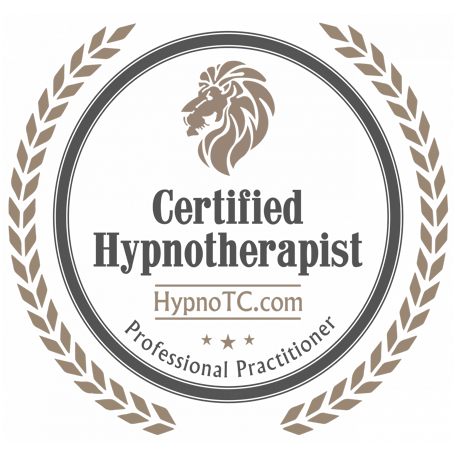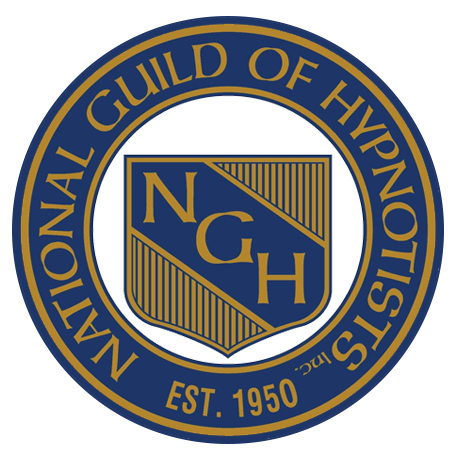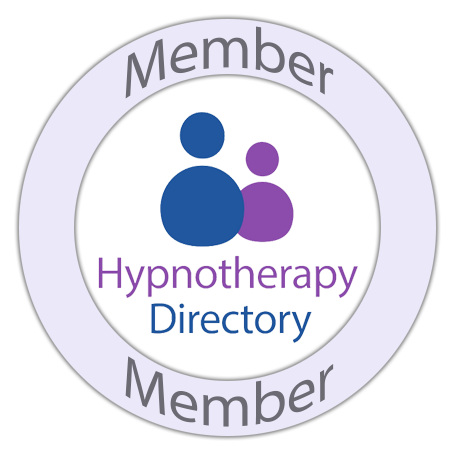Ways To Improve Your Sleep
On average, adults should get at least 7 – 9 hours of sleep each night. If you find that you struggle to get at least seven hours of quality sleep, why not try the tips below for your daily and nightly routine.
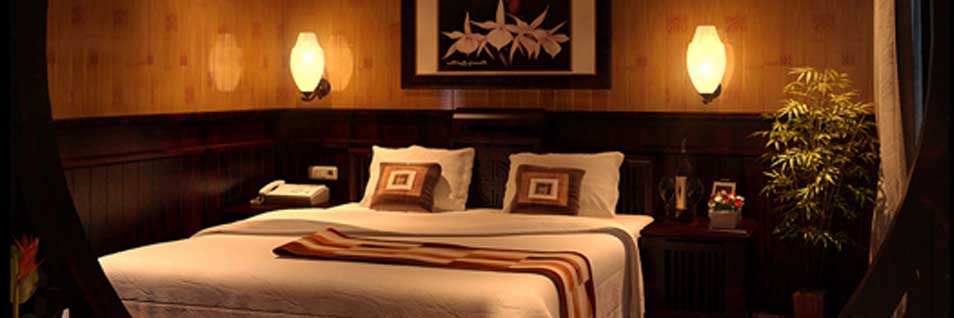
Create a Sleep-Friendly Environment
You want for your sleep environment to induce sleep. Fresh bedding and comfortable pillows are a must. You might also want to consider the last time you turned over your mattress generally you should flip your mattress 2-4 times a year to help you get a comfortable nights sleep. If you can dim lighting, high light levels have been shown to suppress the melatonin hormone, which is associated with control of the sleep. Also fragrances such as Lavender and Bergamot can help you to drift off with ease
Avoid Stimulants Before Bed
Stimulants such as Caffeine, Alcohol and Recreational Drugs can have a detrimental effect on your sleep. Caffeine can make it difficult for you to fall asleep and can cause you to wake up several times during the night. While alcohol may make you sleepy at first, you’ll find yourself waking up more frequently. It also can cause symptoms of insomnia. Most recreational drugs create a chemical change within the body and can have a direct impact on your circadian rhythm.
Exercise Regularly
Physical activity during the day can help you fall asleep at night and can also decrease the number of times you wake up throughout the night, resulting in a deeper sleep. Also avoid vigorous exercise one to two hours before bed as it can raise your heart rate making it more difficult to fall asleep.

Soak up the Morning Sun
The morning sun can reset your circadian rhythm and tell your brain it’s time to start the day. An outdoor walk in the morning is a great way to wake up naturally and get a much-needed energy boost. If you don’t have time to go for a walk, open the blinds and let that light in.
Limit Daytime Naps
The occasional power nap can be beneficial at times, although naps longer than 20 minutes that occur multiple times a day can be detrimental to your sleep at night. Naps taken too late in the day can make it difficult to fall asleep at normal hours. Naps longer than 20 minutes can cause “sleep inertia,” which is the feeling of grogginess or disorientation after waking up. Next time you feel that afternoon slump, avoid the urge to nap and go for a walk outside, eat a healthy snack or maybe you could use some self Hypnosis instead. Feel free also to download my free relaxation & ego boosting mp3 which could give you the boost you may need.
Keep a Consistent Sleep Schedule
The regularity of your sleep schedule is not only important for quality sleep, but also your overall health. Sleep irregularity can result in difficulty falling asleep, lower energy levels during the day, and increased stress. Setting a consistent bedtime can help you get back on track. Remember to set a regular wake time as well.
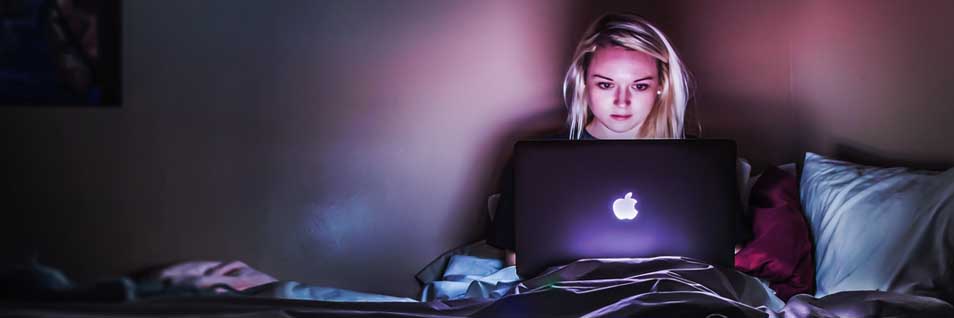
Unplug an Hour Before Bed
Sleep and technology generally aren’t the best combination. It’s important to avoid blue light at least one hour before bed. Exposure to this type of light can affect your circadian rhythm. It can also lower your natural melatonin levels which negatively affect sleep quality. Before bed you could wind down with a relaxing activity, such as reading or meditation.
Reserve the Bedroom for Sleep and Intimacy
Participating in activities other than sleep and intimacy in the bedroom can cause your mind to associate those things with sleep. I.e, if your work from home office is really your bed, your mind may start to travel to thoughts of work when you’re trying to sleep. This can lead to feelings of stress and anxiety. To combat this, reserve the bedroom for sleep and intimacy only. You want your mind to know that when you lay in bed, it means it’s time to sleep.
Don’t Force Sleep
Forcing sleep on your mind when you have too many thoughts roaming around will only exacerbate sleep anxiety and make it more difficult for you to fall asleep. If you can’t fall asleep after 20 minutes, get up, leave your bedroom, and try to calm your mind by doing something else. Read a book, make a cup of tea, or meditate, don’t look at your smartphone. Once you find your eyelids become heavy, head back to bed and ease back into dreamland.
Hopefully you find these tips useful and they help you to get that well deserved rest that you need. Hypnotherapy is also a fantastic way to deal with issues that may be stopping you from sleeping if you try these and still feel your not getting the best sleep you can feel free to call, email or use the contact form below to see how Hypnotherapy could help you.
Take care and sleep well. – Ross

FREE RELAXATION & EGO BOOSTING HYPNOSIS MP3
This FREE audio file is designed to help you to relax whilst giving you an Ego boost as you allow any troubles or worries that you may have to just drift away.
(To receive your FREE audio file please enter your email below)
Opening Times
Weekdays:
8am – 7:30pm
Saturdays:
10am – 3pm

